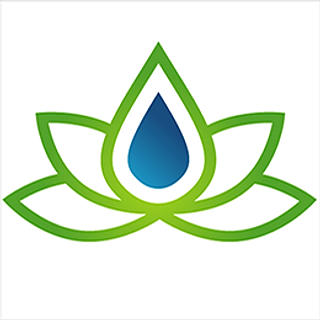Does a Vegan Diet Benefit Skin?
- Christine
- Oct 3, 2023
- 3 min read
Let’s talk about this one! We all know someone with impeccable skin. If you know that person well enough, you may know what they eat and how they care for their skin and body as a whole. I bet they eat a mostly vegan diet! Most vegan diets emphasize the consumption of fresh produce, such as fruits and vegetables. And most vegan diets also include legumes, that includes a variety of foods like peas, beans, lentils, and peanuts, are a great source of zinc, which has healing properties that help fight acne and other inflammatory skin conditions.
Here are a few reasons how being vegan benefits your skin:
Vegan diets are centered on plant-based foods, such as fruits, vegetables, grains, legumes, nuts, and seeds. These foods are rich in essential vitamins, minerals, fiber, and antioxidants, which are all important for good health and clear skin.
Nutrient Density: Fresh produce is typically nutrient-dense, meaning it provides a high concentration of essential nutrients per calorie. This is important for meeting nutritional needs and keeping the body balanced for all of the vegan benefits to skin.
Colorful Variety: Eat the rainbow! Sounds delicious, but remind me of skittles - if you’re of the same generation, you get it! A variety of colorful fruits and vegetables most often indicates a wide range of phytonutrients and antioxidants. These compounds offer various health benefits, including reducing the risk of chronic diseases and keeping the body balanced. A balanced body means beautiful skin.
Fiber Content: Plant-based foods, particularly fruits and vegetables, are excellent sources of dietary fiber. Fiber aids in digestion, helps maintain healthy blood sugar levels, and supports heart health.

Low in Processed Foods: If you cook for yourself, most vegan diets often avoid highly processed and packaged foods, which are always less nutritious than homemade foods. If you’re new to cooking, watch cooking shows! You’ll learn how to dice, cook at the proper temperature and likely be inspired to try some new vegan recipes.
Environmental and Ethical Considerations: Many people adopt vegan diets for ethical and environmental reasons, I know that was my initial reason! If you have ever seen the atrocities of the meat industry you will stop consuming grocery store meat. It’s alarming what happens to the animals that end up on the store shelf! Additionally, avoiding animal-derived ingredients and products that are tested on animals - in your food and in your skincare routine. Animal products often contain hormones and antibiotics that can be harmful to the skin, and products tested on animals may contain harmful chemicals that can be absorbed through the skin.
Consider if focusing on whole, fresh foods aligns with your principles and minimizes the environmental impact associated with processed foods.
Vegan diets can be super nutritious, but it's important to make sure you're getting all the essential nutrients, like vitamin B12, iron, calcium, and protein. You may need to pay attention to your food choices and consider taking supplements or eating fortified foods to meet your needs. I take a B complex vitamin to supplement my vegan diet.
We now know that eating vitamin-packed fruits and vegetables is better for your skin than anything you'd order through the drive-thru. A plant-based diet can help clear up acne and other skin conditions because it's naturally low in saturated fat and high in antioxidants. Saturated fat can clog pores and make acne worse, while antioxidants can help protect your skin from damage caused by free radicals.
Overall, a vegan diet is a great way to promote health, reduce your environmental impact, and make ethical dietary choices. Just make sure you're eating a balanced and well-rounded diet to get all the nutrients you need. Please share your vegan recipes with me, add a link to them in the comments here or on our social pages. We share my favorite vegan and vegetarian recipes too, so take a look at some other blogs for inspiration.
Eat well, Christine





Comments